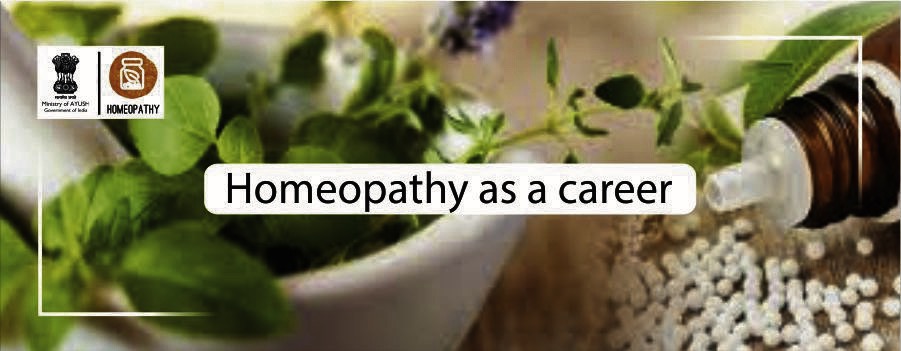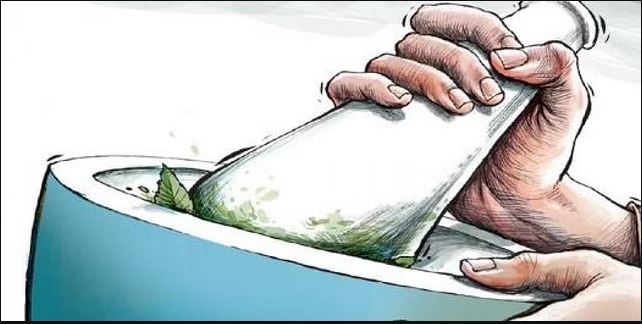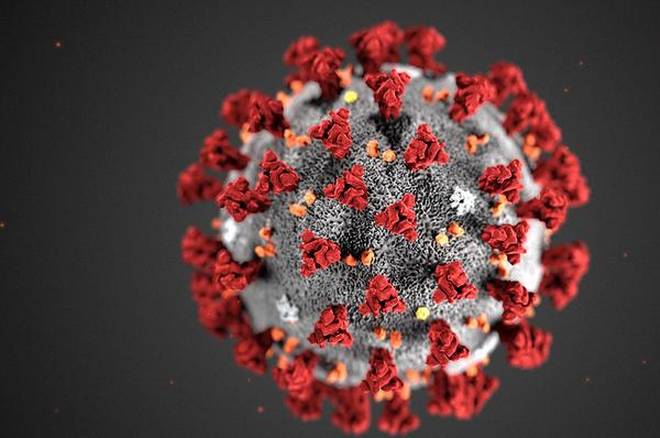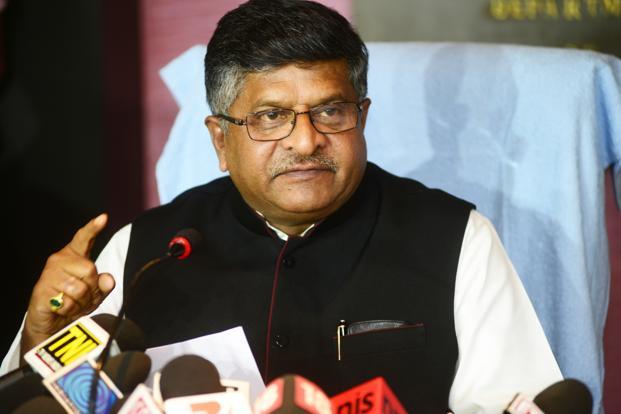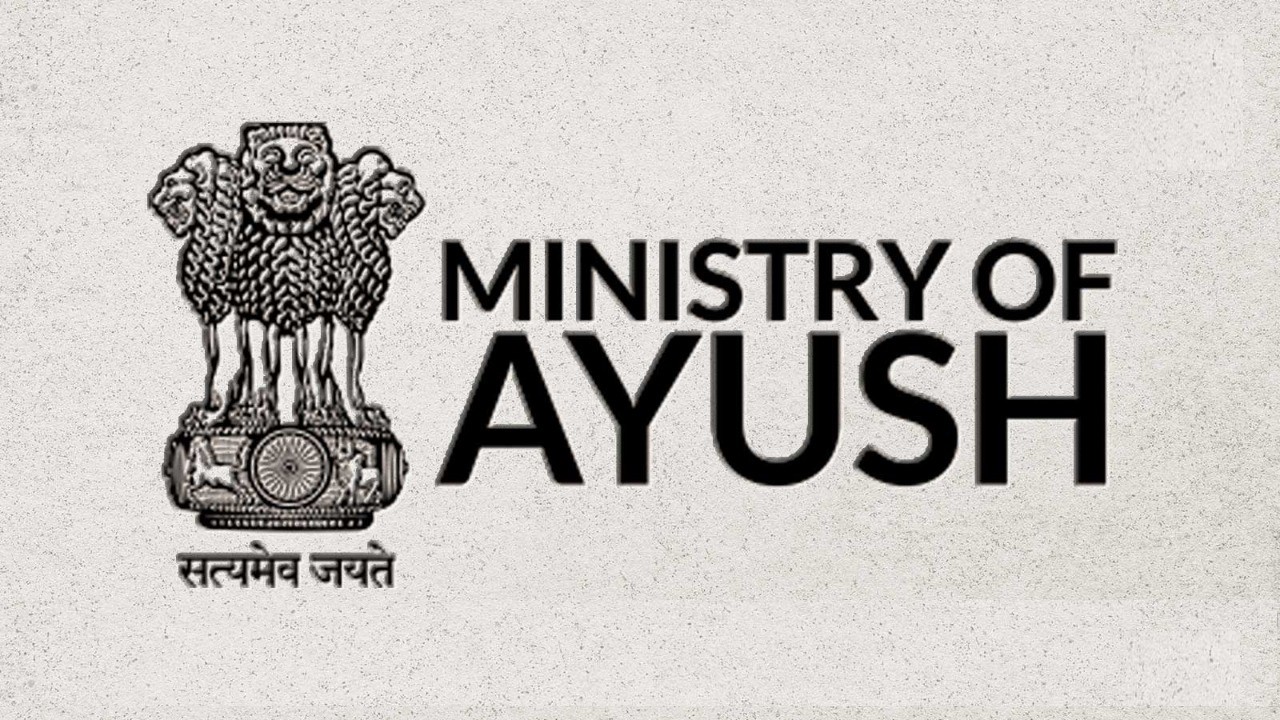 By admin September 10, 2022
By admin September 10, 2022
Homeopathic, Ayurvedic Or Unani System Not Within Scope Of MCI Act: Ministry Of AYUSH In Reply To Plea
The Ministry of AYUSH in its response to Ashwini Kumar Upadhyay’s plea seeking the adoption of a holistic approach to medicine stated that although the Homeopathic, Ayurvedic, or Unani systems were not expressly excluded from the definition of modern scientific medicine in the Indian Medical Council (MCI) Act or the preceding laws, a review of the Schedules reveals that these systems of medicine are not included in the Act’s scope.
Denying the submissions, averments, and circumstances mentioned in the plea, the Ministry submits that the Central Government enacted the MCI Act, 1956, the Indian Medicine Central Council Act, 1970 (Indian Medicine Act), and the Homeopathy Central Council Act, 1973 (Homeopathy Act) with the objective of defining the different systems of medicine in order to ensure that medical practitioners of one system do not transgress in the field of another.
The Ministry submitted that the Indian Medical Degrees Act, 1916, and the MCI Act regulated western medical science or the modern scientific system of medicine, but that there is no law to regulate or govern the Indian system of medicine, namely Ayurveda, Siddha, and Unani Medicine.
It added that the provisions of the Indian Medicine of Central Council Act are similar to the MCI Act and defined ‘Indian Medicine’ under Section 2(1)(e) of the Act as:
“The system of Indian medicine commonly known as Ashtang Ayurveda, Siddha or Unani Tibb or Sowa-Rigpa whether supplemented or not by such modern advances as the Central Council may declare by notification from time to time.”
It was further submitted that the NMC Act dealt with modern scientific medicine whereas the NCH Act and NCISM Act were enacted specifically for Ashtang Ayurveda, Unani, Siddha, Sowa-Rigpa, and Homeopathy systems of Medicine. The Ministry stated that the two Acts were regulated under separate Ministries and provided separate Autonomous Boards and separate councils.
It was also submitted that the Government of India time to time has asked the Councils to improve the syllabus by including subjects with regard to National Programmes and the same has been strengthened by the Council. According to the Ministry, institutionally qualified practitioners of Ayurveda, Siddha, Unani Tibb, and Homeopathy are eligible to practice respective systems such as surgery and obstetrics, anesthesiology, ENT, ophthalmology, etc.
t further submitted that the NITI Aayog, Health, and Family Welfare division, has constituted a committee on the formulation of Integrative Health Policy on August 13, 2020, to examine and submit reports on the integrative health policy to achieve inclusive, affordable, evidence-based healthcare and suggest the effective implementation of education, research and clinical practice.
Accordingly, the Ministry of AYUSH sought the dismissal of the present petition.
Case Title: Ashwini Kumar Upadhyay v. Union of India & Ors.
Source : Sukriti Mishra
Agatha Shukla of Law Beat

